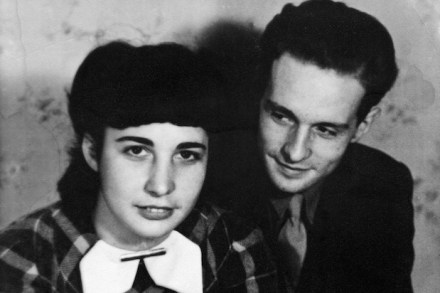What family life — and love — was like in East Germany
More from BooksHistorians still argue over whether the regime of the GDR can be called a totalitarian one. Some say that the definition reduces the difference between the Socialist Unity Party and National Socialism —that the Nazis left millions dead while the SED left millions of Stasi files. It’s a loaded question, and one that will occur





























